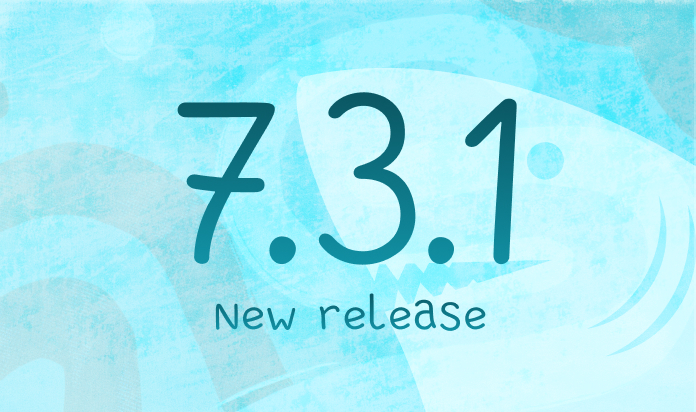The Limitations of Spreadsheets in a Data-Driven Financial World


The Finance sector is a data behemoth, with an estimated 150 zettabytes of data to be analyzed by 2025 according to IBM . Much of this data is trapped in legacy systems, forming isolated data silos. These silos, coupled with the widespread reliance on spreadsheets, hinder innovation and create competitive risks in the rapidly evolving financial industry.
Spreadsheets, while familiar, are increasingly inadequate for handling the complexity and volume of financial data, making them a bottleneck in the digital transformation journey. In this article, we will show how low-code outperforms spreadsheets in the finance sector.
Reliance on Spreadsheets in Financial Analysis
Reliance on spreadsheets can introduce significant challenges:
- Manual data entry and complex formulas heighten the risk of human error, making it difficult to track changes or pinpoint the source of mistakes.
- As data volumes expand, spreadsheets become sluggish and unwieldy, hindering collaboration and version control.
- Sensitive financial information stored in spreadsheets is vulnerable to unauthorized access or loss.
- Adapting to evolving business needs within the confines of a spreadsheet is often time-consuming and inefficient.
Low-code as an Alternative to Spreadsheets
Low-code platforms offer a substantial advantage over spreadsheets for financial analysis:
- Automated data entry and calculations which drastically reduce human error.
- Detailed logs and data lineage enhance auditability and transparency.
- Designed to handle large datasets efficiently, enabling scalability.
- Built-in collaboration features and robust security measures.
Selecting a Low-Code Solution for Enhanced Financial Insights
Selecting the right low-code platform for financial analysis requires careful consideration. Key factors include the platform's ability to integrate with existing financial systems seamlessly, its robust data governance features to ensure compliance and data integrity, and a user-friendly interface for optimal adoption and productivity. Additionally, evaluating the total cost of ownership, including licensing, development, and maintenance costs, is crucial. By diligently assessing these elements, organizations can effectively overcome the limitations of spreadsheets and unlock the full potential of financial analysis through a low-code solution.
Megaladata: Unlocking Financial Insights from Massive Datasets
Megaladata is an example of a powerful data analytics platform optimized for handling massive datasets, often found in the financial sector. Users can effortlessly process hundreds of millions of records without performance degradation. Its intuitive visual interface eliminates the need for coding, enabling complex analysis through simple workflow creation. Additionally, the platform's asynchronous design allows for uninterrupted work while data is being processed. For recurring tasks, Megaladata offers the ability to create reusable components, boosting efficiency and productivity.
See also



